Debt collecting agencies are the category for which the DCA receives the most complaints. Therefore, the DCA has beefed up the consumer protection laws against debt collectors. If a debt collector violates one of these laws they can be fined $1,000 or more per incident! If you are getting collection calls or receiving collection letters in the mail, then it is important for you to know your rights. Here is a quick guide to the basic NYC collection laws.
Debt collectors need to be licensed
All debt collection agencies which collect debt in NYC must be licensed by the DCA to collect debt. This is true even if the collection agency is located out of NYC. As long as they want to collect a debt from a NYC resident they need to be licensed. The license number needs to be included in all collection letters. You can also verify if the collection agency is licensed by calling 311, or by checking online at https://www1.nyc.gov/site/dca/consumers/check-license.page.
Communication guidelines
All debt collection communications must include the following:
- The name of the debt collection agency
- The name of the original creditor
- The amount of debt
- A call back number to a phone line that is answered by a live person in less than 60 seconds (Except if they give you a direct extension to an individual in the company and include the person’s name).
False claims and harassment
A debt collector may not make false claims to you.
This includes the following:
- Threaten that you will be arrested
- Claim you have committed a crime
- Threaten that they have the right to garnish your wages, take the money from your bank account, etc., without first obtaining a proper court order
A debt collector may also not harass you.
This includes the following:
- Calling you before 8:00 am or after 9 pm. Or at any time that you specified to be not a convenient time for you.
- Calling you more than twice a week
- Reveal your debt to anyone
- Contact your friends, neighbors, or family for any other reason besides for trying to locate you.
- Contact you after you have asked them in writing not to contact you.
Statute of limitation
If a debt collector tries to collect a debt that has passed the statute of limitations, (in NYC the statute of limitation is only 3 years!) it will need to include the following information (or similar) on all communications.
“We are required by regulation of the New York State Department of Financial Services to notify you of the following information. This information is NOT legal advice:
Your creditor or debt collector believes that the legal time limit (statute of limitations) for suing you to collect this debt may have expired. If the creditor sues you to collect on this debt, court rules require you to tell the court that the statute of limitations has expired to prevent the creditor from obtaining a judgment against you.
Even if the statute of limitations has expired, you may choose to make payments on the debt. However, be aware: if you make a payment on the debt, admit to owing the debt, promise to pay the debt, or waive the statute of limitations on the debt, the time period in which the debt is enforceable in court may start again.
Further, please note that an expired debt is not extinguished even though the statute of limitations has expired.
Failure to pay the debt may negatively affect your credit history and credit score and your ability to obtain credit.
If you would like to learn more about your legal rights and options, you can consult an attorney or legal assistance or legal aid organization.”
Debt validation
Within 5 days of the original communication with a debt collector, it is mandatory for the debt collector to send you a written debt validation which must include:
- The name of the original creditor
- The amount of debt
- A notice of your right to dispute the debt
Debt verification
You have the right to request a debt collector to verify the debt that they are attempting to collect. Once you request the collection agency to verify the debt, all collection activity must stop until the debt is verified.
Debt verification must include the following:
- A document or contract from the original creditor showing that you owe the debt
- A copy of the final account statement from the original creditor
- A document which lists the total principal amount owed, plus any interest or fees
- The document must clearly explain when the fees were charged and an explanation of why you need to pay it.
Conclusion
We only listed here some basic NYC collection laws. To learn more about NYC collection laws, visit:
https://www1.nyc.gov/assets/dca/downloads/pdf/consumers/Consumers-Debt-Collection-Guide-English.pdf
Please note: I am not an attorney. The information found in this post is for general information only.

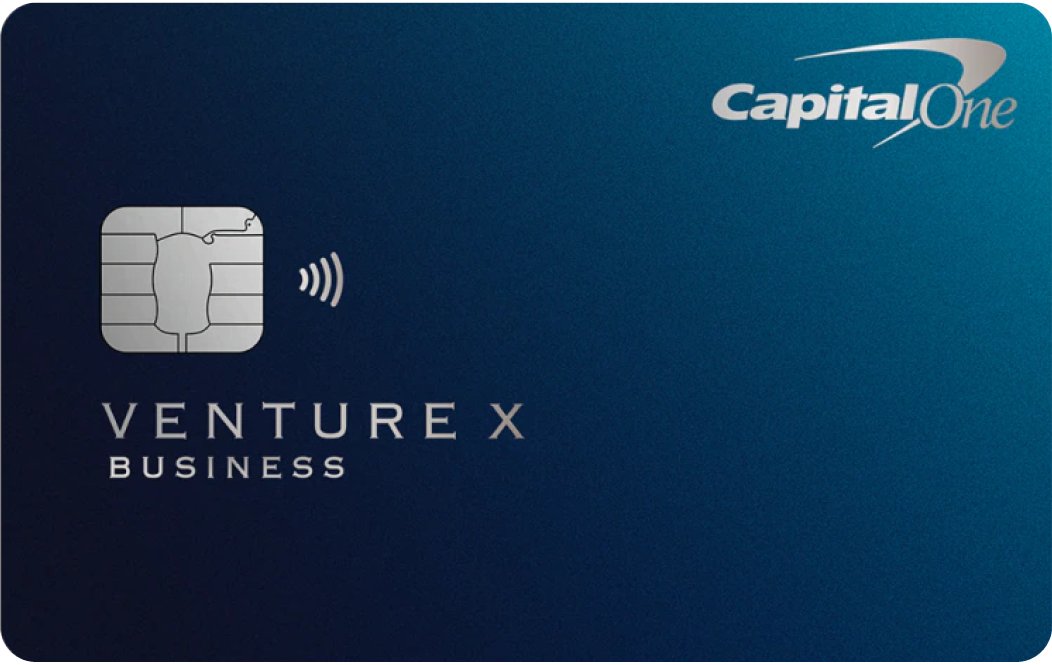
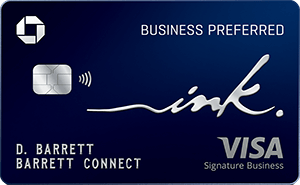
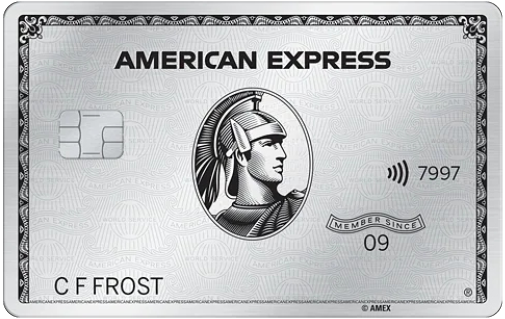
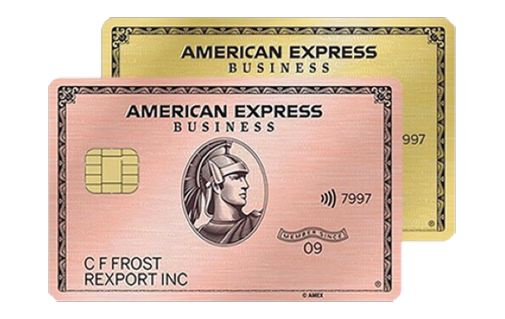

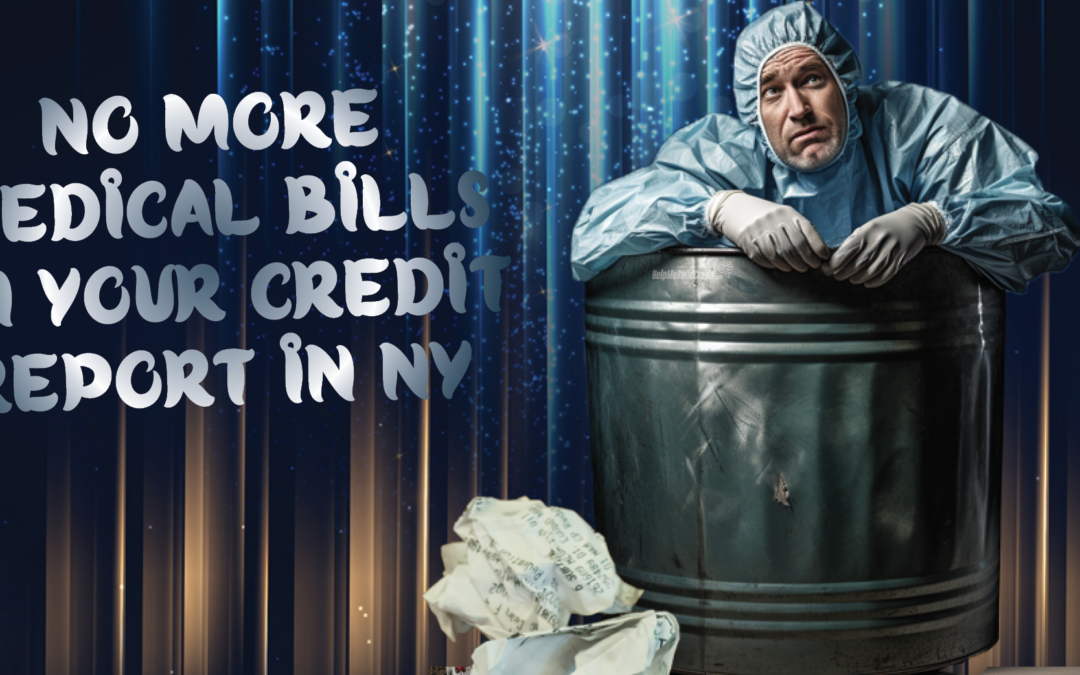

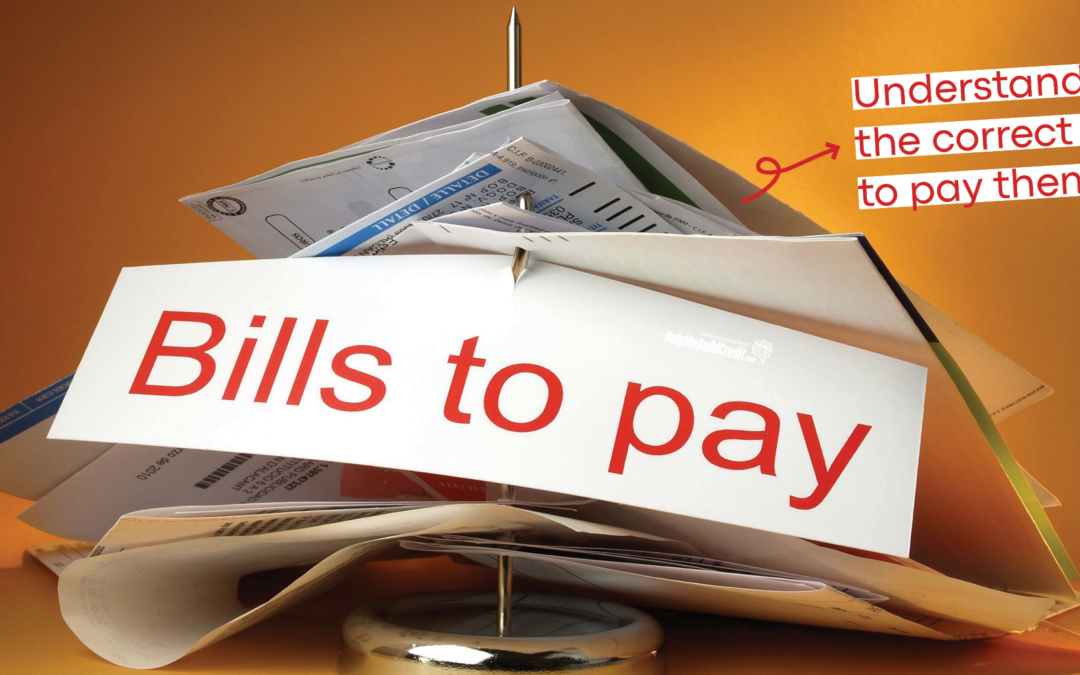

![Medical Collections Under $500 Removed From Credit Reports [Effective April 11]](https://helpmebuildcredit.com/wp-content/uploads/2023/05/post-on-medical-collection-under-500-removed-from-credit-report.png)
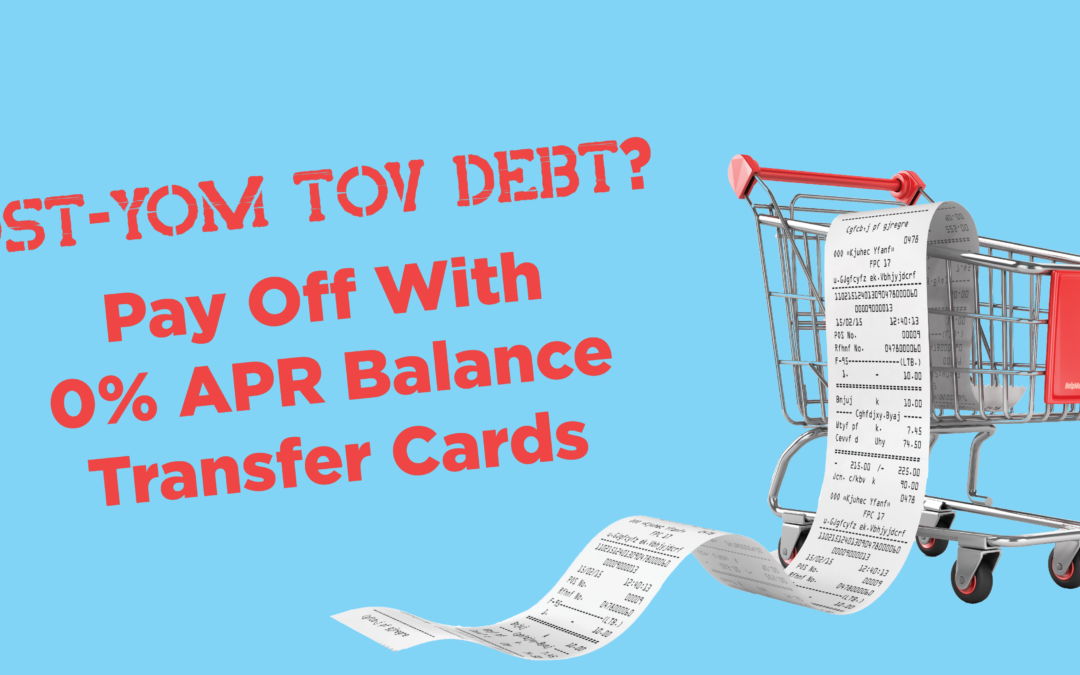
![How To Get Cash From A Credit Card [5 Great Ideas]](https://helpmebuildcredit.com/wp-content/uploads/2018/10/post-on-how-to-get-cash-from-credit-card-1080x675.png)
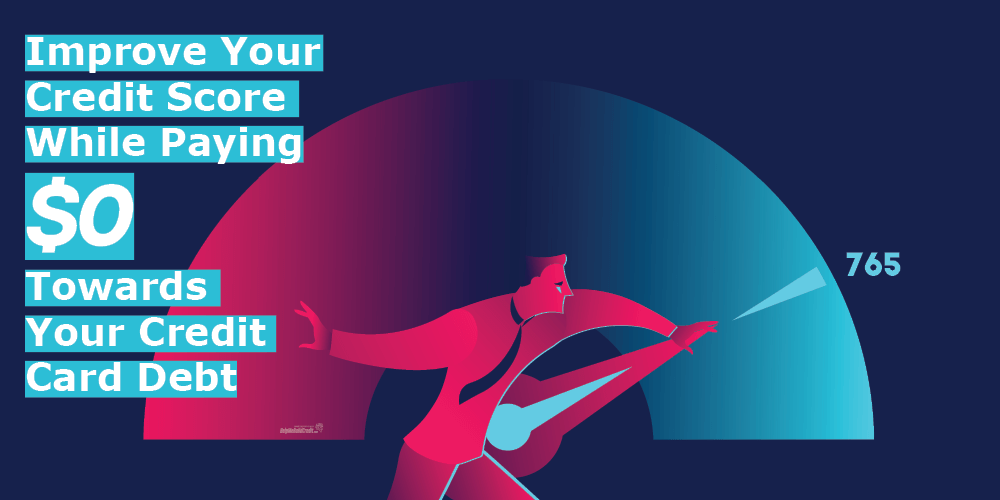



0 Comments